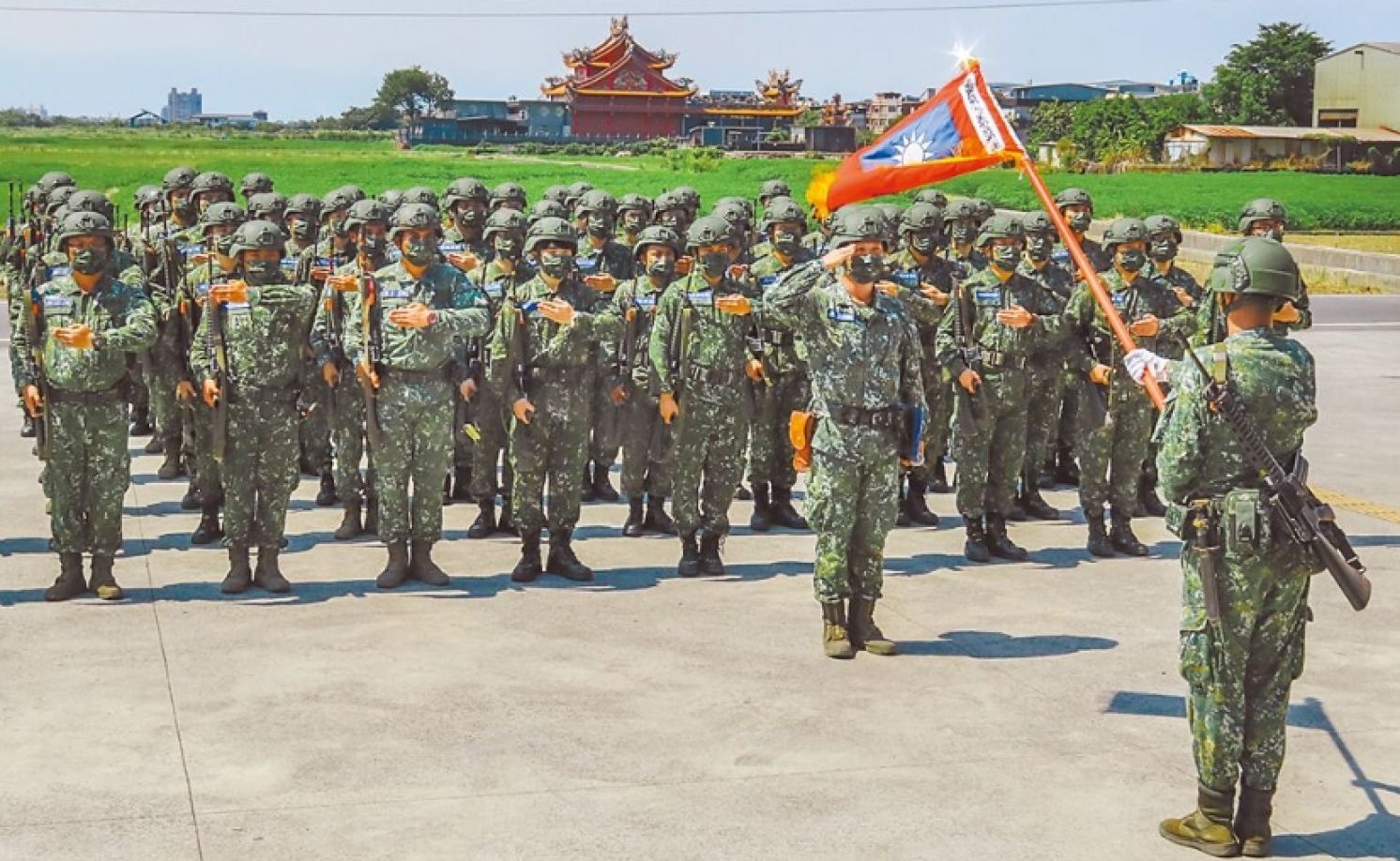
Is Taiwan's Military Prepared?
By Lu Chih-hsaing
China Times, November 18, 2022
With the meeting between President Joe Biden of the United States and Chinese President Xi Jinping ended, there seems to be reduction of tensions between the two countries. President Biden made an optimistic assessment on the short-term situation of the security in the Taiwan Strait by saying that he did not think China is planning to invade Taiwan in the near term. However, as China's goal to unify Taiwan never changed, any complacency on the part of Taiwan will only expedite China's action. So, the American military expert pointed out that, instead of guessing Mr. Xi's intention, the United States and Taiwan should focus on one core issue: are their defense preparedness sufficient to cope with China's military action of unification?
The August visit by Speaker Nancy Pelosi to Taiwan has given rise to Chinese joint military exercise around the island, leading to a drastic increase of tension in the Taiwan Strait. Secretary of State Antony Blinken, National Security Advisor Jake Sulliven and high-ranking military officials have sent out messages continually that China is not satisfied with the status quo in the Taiwan Strait and will take military action against Taiwan sooner than later. What is more, Admiral Chas Richard, commander of U.S. Strategic Command, emphasized recently that the Ukraine war is just a warm-up for a conflict with China. After Biden-Xi meeting, former National Security Advisor H. R. McMaster concluded pessimistically that Mr. Xi may be conscious of an elusive "window of opportunity," which falls in the period between the U.S. and Taiwan's presidential elections in 2024.
Although General Mark Milley, chairman of the Joint Chiefs of Staff, indicated that the People’s Liberation Army (PLA) still lacks the capability to occupy Taiwan, many think that Mr. Xi will learn from Russia's debacle in Ukraine and think twice before taking any action, or that China is not well prepared and will not invade Taiwan in the short term. Nonetheless, Mr. Xi has clearly proclaimed in the 20th National People's Congress that China "will never renounce use of force over Taiwan." Hence, there is no doubt that China has the intent to take military action against Taiwan.
Former Assistant Secretary of Defense Elbridge Colby warmed in his book Strategy of Denial that the PLA may not be well prepared, but more importantly, the defense preparedness of the United States and Taiwan is lagging behind China. This is an inescapable responsibility and challenge for Taiwan's national security team.
The ruling Democratic Progressive Party (DPP) has severed the communication link with China by upholding the policy of "confront China and conserve Taiwan" and put Taiwan's security totally under the U.S. protection umbrella. However, no public opinion polls have shown that the American people is willing to sacrifice the life of American soldiers to defend Taiwan. For example, the result of recent interviews by "Foreign Affairs" with American experts shows that 24 strongly opposed, and 15 opposed to the question: "Should the United States commit to the defense of Taiwan?"; those who agreed are a mere 5, and strongly agreed 3. In addition, as high as 74 percent of Japanese opposed Japan sending Self-Defense Force to fight alongside U.S. forces against China.
Faced with China's superior military strength, what concerns the United States most is the insufficiency of defense preparedness of Taiwan's military. American media kept advocating that the United States should stockpile huge quantity of weapons in Taiwan, making it a “porcupine island,” in order to deter China from invading. However, the Ukraine War has created a crowding-out effect which has greatly reduced the stockpile of weapons in the United States. Expanding the production line will wait until 2025. It will be too slow to meet an urgent situation.
In 2023 "National Defense Authorization Act," the U.S. Congress requests that the United States provide $1 billion worth of ammunition and $2 billion worth of military aid to Taiwan annually. Taiwan will acquire American anti-ship cruise missiles, air defense systems, kamikaze drones, Naval mines, and command and control systems. However, we are not sure if the Act will get the support of the government and get passed in the Congress.
The security environment in Taiwan does not change after Biden-Xi meeting, unfortunately, the DPP has no intention to seriously strengthen Taiwan's defense capability. Instead, in order to maintain its political power, the DPP chooses the most dangerous road and continues to manipulate its "resist China to protect Taiwan” tactic, holding hostage national security under party politics.
From: https://www.chinatimes.com/opinion/20221118004228-262104